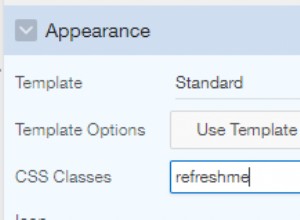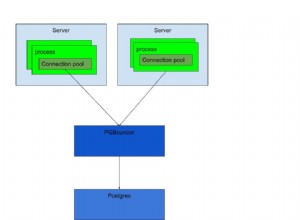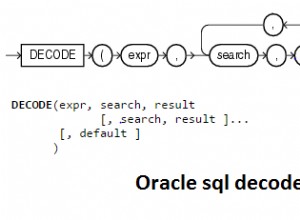with detail as (
select
acnt_dba_name as account,
evt_name as event,
count(case reg_is_complete when true then 1 else null end) as regscomplete,
count(case when reg_frn_pro_id > 0 and reg_is_complete = false then 1 else null end) as regsincomplete,
count(case when reg_frn_pro_id > 0 then null else 1 end) as regsclicks
from
registrations_view
left join
events on evt_id = reg_frn_evt_id
left join
accounts on acnt_id = evt_frn_acnt_id
where
reg_date_created < #CreateODBCDate(url.endDate)#
AND reg_date_created > #CreateODBCDate(url.startDate)#
and reg_is_active = true -- only active regs
and reg_is_test = false -- only live registrations
group by acnt_dba_name, evt_name
), account as (
select
account,
'' as event,
sum(regscomplete) as regscomplete,
sum(regsimcomplete) as regsincomplete,
sum(regsclicks) as regsclicks
from detail
group by account
), total as (
select
'Total' as account,
'' as event,
sum(regsComplete) as regsComplete,
sum(regsImComplete) as regsInComplete,
sum(regsClicks) as regsClicks
from account
)
select * from detail
union
select * from account
union
select * from total
order by account, event




